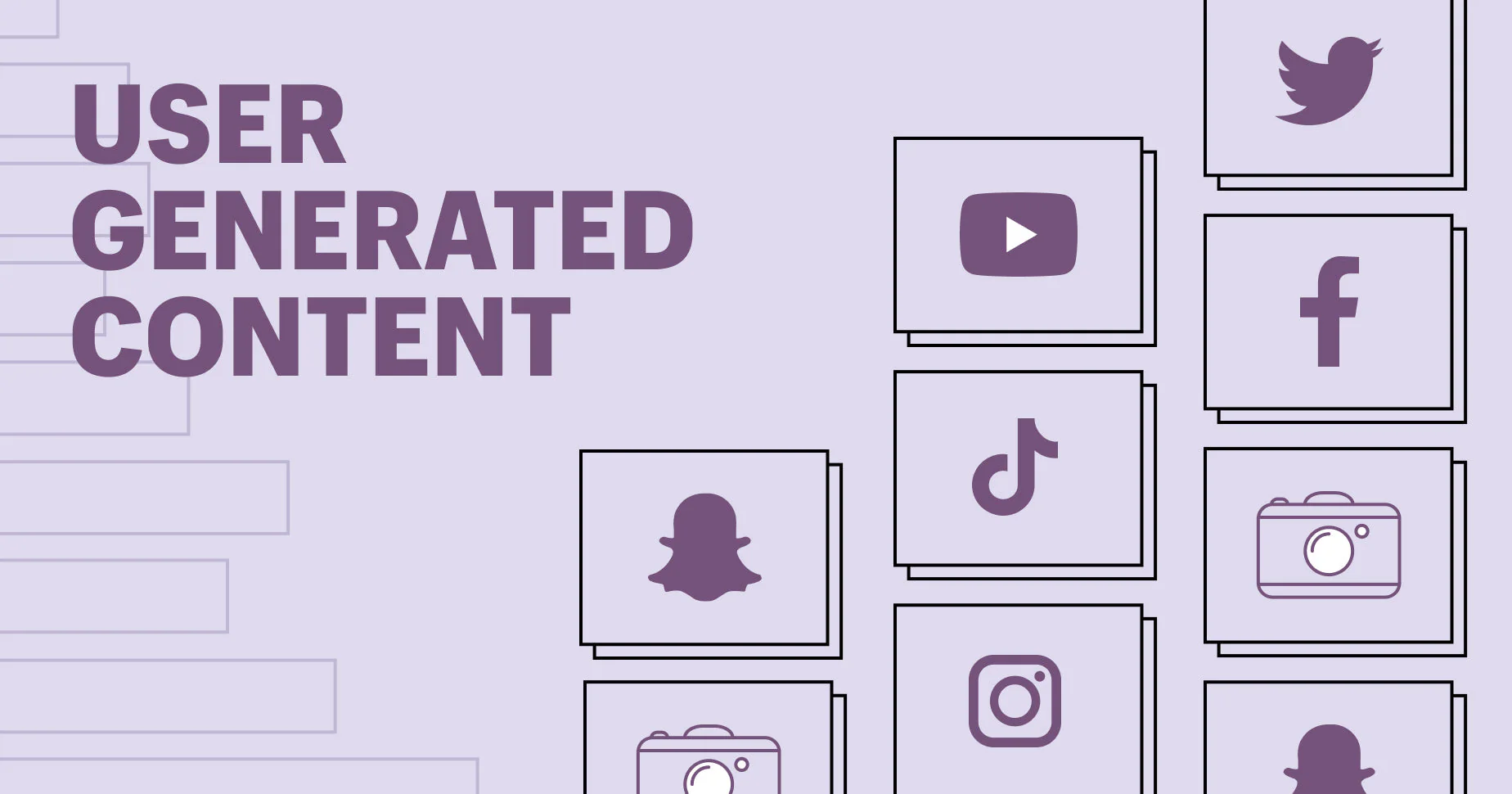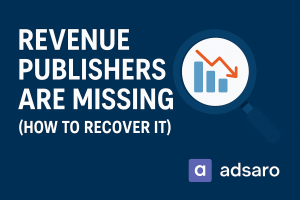In a digital landscape filled with polished marketing campaigns, audiences are craving authenticity. That’s where authentic customer content in ads comes in. User-generated content (UGC) has proven to be a game-changer for brands looking to boost engagement, trust, and conversions. But why should businesses make UGC a core part of their advertising strategy? Let’s explore.
What Is User-Generated Content (UGC)?
User-generated content includes any content—images, videos, reviews, testimonials, or social media posts—created by real customers rather than brands. This type of content is organic, often unscripted, and carries the credibility that modern consumers seek. When incorporated into advertising campaigns, authentic customer content in ads resonates better with audiences, making it a valuable asset for marketers.
The Power of UGC in Advertising
1. Builds Trust and Credibility
Consumers are more likely to trust recommendations from their peers over traditional brand messaging. According to research, 92% of consumers trust UGC more than branded content. Featuring real customer reviews, testimonials, and images in ads helps establish trust, making your brand appear more transparent and reliable.
2. Increases Engagement and Click-Through Rates
People relate to content that reflects real-life experiences. Ads featuring authentic customer content in ads often receive higher engagement rates. Social proof encourages users to interact with your brand, whether by liking, commenting, or sharing, which improves overall ad performance.
3. Enhances Ad Performance and Conversion Rates
Studies show that UGC-based ads generate five times higher click-through rates (CTR) than traditional ads. When potential customers see others benefiting from a product or service, they are more inclined to take action, leading to higher conversions and lower cost per acquisition (CPA).
4. Cost-Effective Marketing Strategy
Instead of investing heavily in high-production ad creatives, brands can leverage customer-generated content. Encouraging users to share their experiences reduces creative costs while maintaining high-quality advertising material. Brands like Canva, Buffer, Later, SEMrush, and Shopify have successfully used UGC to optimize their ad strategies.
5. Strengthens Community and Brand Loyalty
Encouraging user participation fosters a sense of community around your brand. When customers see their content being featured, they feel valued, strengthening their loyalty. This not only leads to repeat business but also turns customers into brand advocates who willingly promote your products or services.
6. Improves SEO and Organic Reach
Search engines favor fresh, engaging, and authentic content. UGC helps enhance your brand’s online presence by providing valuable, keyword-rich content that improves SEO rankings. Additionally, when customers share branded content on social media, it increases visibility and organic reach.
How to Integrate UGC into Your Ads
1. Leverage Customer Reviews and Testimonials
Highlighting positive feedback from customers in ad copy or visual creatives can be powerful. Feature direct quotes from reviews or create video testimonials showcasing real users sharing their experiences.
2. Use Social Media Content
Encourage users to share their experiences with branded hashtags or challenges. Social media posts featuring your product can be repurposed into ads, creating relatable and engaging content.
3. Partner with Micro-Influencers
Micro-influencers, who have smaller but highly engaged audiences, often create authentic content that feels more relatable. Their UGC can be repurposed into advertising campaigns to enhance credibility and reach.
4. Encourage UGC Through Contests and Giveaways
Running a UGC campaign with incentives, such as giveaways or discounts, encourages customers to share their experiences. The more content your brand collects, the more material you have to optimize your ads.
5. Feature Customer Photos and Videos
Instead of stock images, use customer-generated visuals in your advertising creatives. This enhances relatability and resonates better with audiences who prefer real-world representations of products or services.
6. Incorporate UGC in Retargeting Campaigns
Retargeting campaigns using UGC can help convert potential customers who have previously interacted with your brand. Seeing real user experiences can reinforce their decision to purchase.
Best Practices for UGC in Advertising
| 1. Get User Permission | Before using any UGC in ads, always obtain permission from the content creator. This ensures legal compliance and maintains a positive relationship with your audience. |
| 2. Maintain Brand Consistency | While UGC is organic, it should still align with your brand’s messaging and aesthetic. Edit or curate content to ensure it fits seamlessly within your campaigns. |
| 3. Test and Optimize | Run A/B tests to see which types of UGC perform best. Experiment with different formats, messaging, and placements to determine what drives the highest engagement and conversions. |
| 4. Track Performance Metrics | Monitor key performance indicators (KPIs) such as engagement rate, CTR, and conversion rates. Analyzing data helps refine your UGC strategy for future ad campaigns. |
| 5. Encourage More UGC Through Engagement | Responding to customer posts, featuring UGC in brand stories, and rewarding contributors with shoutouts or small incentives can encourage more customers to share their experiences. |
| 6. Use AI and Automation to Curate UGC | With the rise of AI-powered tools, brands can automate the curation and distribution of UGC across multiple ad channels. AI can help analyze sentiment, filter high-quality content, and match UGC to the right audience segments. |
Conclusion
Incorporating authentic customer content in ads is no longer an option—it’s a necessity for brands looking to build trust, increase engagement, and drive conversions. UGC creates a sense of authenticity that resonates with modern consumers, making it one of the most effective tools for advertising success.
By leveraging customer testimonials, social media content, and influencer collaborations, brands like Canva, Buffer, Later, SEMrush, and Shopify have already tapped into the power of UGC. It’s time to follow suit and enhance your advertising strategy with user-generated content.
As digital marketing continues to evolve, brands that harness UGC effectively will stand out in an increasingly competitive landscape. Start integrating authentic customer content in ads today and witness the power of real voices shaping your brand’s success!








Leave a Reply